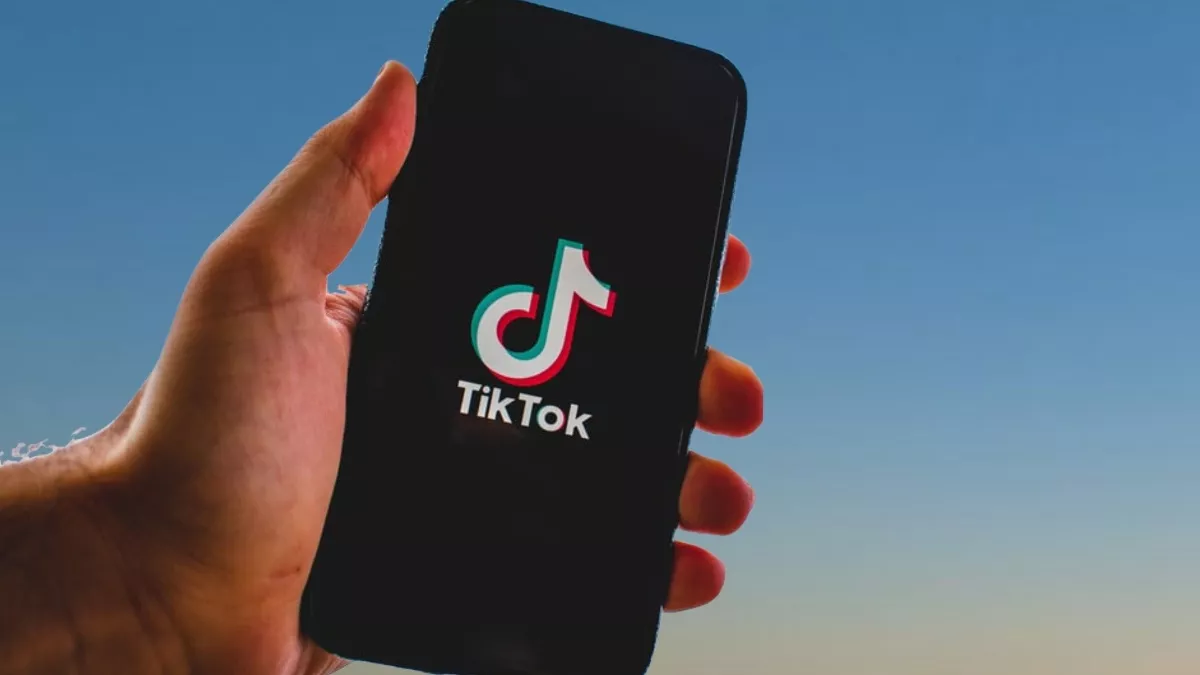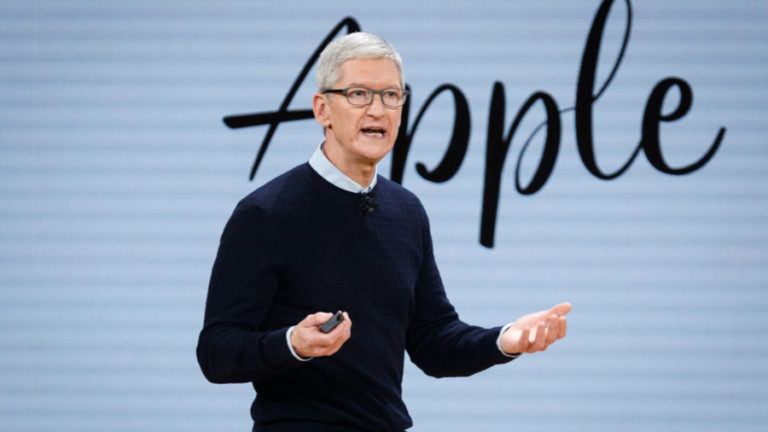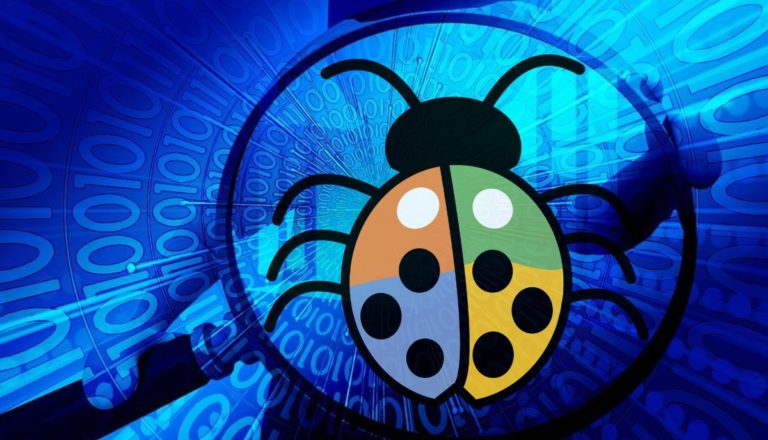TikTok To Reveal Its Algorithm; Calls Facebook And Others To Do The Same

It seems that TikTok aims to leave no stone unturned to save its existence in the global market. In a blog post, TikTok CEO Kevin Mayer said it would allow experts to look at “the actual code that drives our (TikTok’s) algorithm.” He also said TikTok would let experts examine “the moderation policies in real-time.”
This comes at a time when TikTok’s global presence lies in murky waters. India, which holds TikTok’s biggest audience, previously banned the Chinese platform along with several others, citing shady data practices.
TikTok’s ban in India stirred up anti-China sentiment across the globe. Many U.S. politicians have applauded India’s strict actions and asked authorities to follow suit in the U.S. Meanwhile, lawmakers in Japan have also called for a TikTok ban in the country.
TikTok’s idea to open its algorithm could be enough to bring the platform out of the danger zone. As part of the process, Mayer has said it is launching a “Transparency and Accountability Center for moderation and data practices.”
In the same blog post, Mayer also called on all other tech giants to follow suit and “disclose their algorithms, moderation policies, and data flows to regulators.”
The post’s timing couldn’t have been more right, as the blog post arrived only a few hours before the anti-trust hearing featuring testimonies from the CEOs of Facebook, Google, and Apple. However, regulators didn’t appear to have been influenced by the step from TikTok.
Regardless, it’s evident that Tiktok wants other tech giants, especially Facebook, to receive the same scrutiny it has received from the world, thanks to its Chinese origin.
In the post, Tiktok also called out Facebook for launching Reels, which it deems a “copycat product.” It also said Facebook should focus its energy on providing “fair and open competition in the service of our consumers” instead of trying to end TikTok’s presence in the U.S. At the anti-trust hearing, Facebook confirmed that it had “adapted” features from other companies. Hence, it seems Tiktok isn’t far from the truth.






